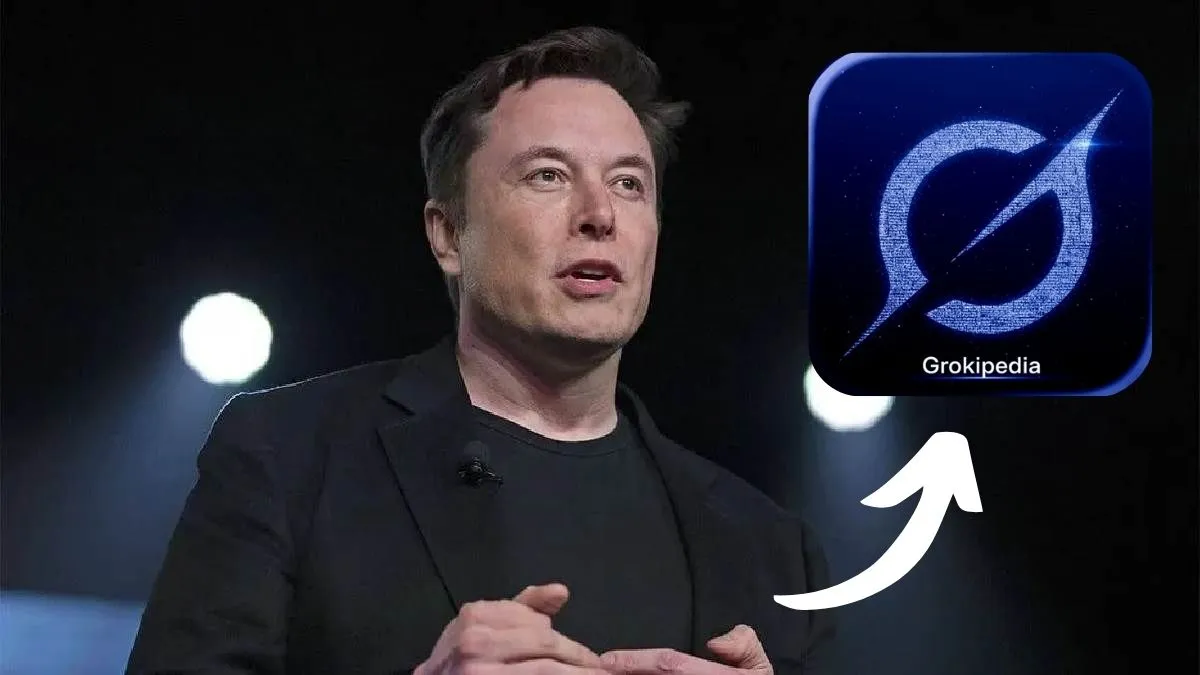OpenAI Acquires Windsurf (Codeium) for $3B: A Game-Changer in AI Coding Tools

OpenAI Acquires Windsurf, So, here’s the scoop—OpenAI is back in the headlines, and this time it’s not about ChatGPT. The company is reportedly making its biggest acquisition ever by purchasing an AI-powered coding tool called Windsurf (formerly known as Codeium) for a staggering $3 billion. Yep, billion with a “B.” But this isn’t just another startup buyout. This move could completely reshape how developers interact with AI coding tools and may seriously shake up the software development landscape.
Now, you’re probably wondering—why Windsurf? Why now? And how does this tie into OpenAI’s broader game plan? Let’s dive deep and break it all down.
What Is Windsurf, and Why Is Everyone Talking About It?
Before it got its fancy new name, Windsurf was better known as Codeium—an AI startup quietly making waves in the developer community. It offers AI coding assistants that help software engineers write, review, and debug code faster, all through natural language prompts. Think of it like having a super-smart coding buddy that never sleeps and always has the right answer.
Windsurf’s tools let devs input plain English, and voilà, the AI spits out real, working code. It’s a huge deal in an industry where time is money and cleaner code means fewer bugs down the road.
OpenAI’s $3 Billion Bet: Why Windsurf Is Worth It
So, what makes Windsurf a $3 billion darling?
OpenAI Acquires Windsurf, For starters, the AI coding space is heating up fast. Tools like GitHub Copilot (backed by Microsoft) and Anthropic’s Claude have already carved out some solid market share. But with this acquisition, OpenAI is basically saying, “Hey, we’re serious about coding too.”
By integrating Windsurf into its ecosystem, OpenAI could potentially roll out a best-in-class AI coding platform that’s deeply connected to its flagship models like GPT-4 and future iterations. It’s not just about catching up to rivals—it’s about leapfrogging them.
A Competitive Landscape: GitHub, Anthropic, and the AI Coding Wars
Let’s not kid ourselves—the competition here is fierce.
GitHub Copilot, which is integrated with Microsoft’s vast developer tools, already has a strong hold on the market. Meanwhile, Anthropic is building momentum with its own flavor of AI assistance. If OpenAI wants a seat at this table, it needs a powerful coding solution that’s both intelligent and easy to use.
Acquiring Windsurf might be the fast-track ticket. It gives OpenAI access to a mature AI coding tool with an existing user base and proven technology.
Follow the Money: Windsurf Was Already in High Demand
OpenAI Acquires Windsurf, Interestingly, Windsurf wasn’t just sitting around waiting to be bought. Before OpenAI came knocking, Windsurf was reportedly courting big-name investors like Kleiner Perkins and General Catalyst to raise funding at the same $3 billion valuation.
Last year, Windsurf (back when it was still Codeium) closed a deal that valued it at $1.25 billion. That’s a massive leap in just 12 months. Clearly, investors saw something special—and so did OpenAI.
How This Deal Changes the Game for Developers
If you’re a developer, you’re probably already using some kind of AI assistance in your workflow. This acquisition could mean:
- Tighter integration with ChatGPT
- More accurate code suggestions
- Faster debugging tools
- Support for more languages and frameworks
OpenAI Acquires Windsurf, And hey, it could even mean reduced subscription costs if OpenAI decides to bundle it with ChatGPT Plus or Team plans.
Imagine writing complex code just by describing what you want in plain English. It’s not science fiction anymore—it’s literally happening now.

SoftBank’s $40 Billion Boost: Fueling OpenAI’s Expansion Spree
Let’s talk money for a second. OpenAI recently secured a whopping $40 billion in financing from Japan’s SoftBank, bringing its total valuation to a mind-bending $300 billion.
This isn’t just pocket change. That kind of war chest gives OpenAI the flexibility to go on an acquisition spree, bring in top talent, and outpace its rivals in the AI race.
Buying Windsurf is likely just one piece of a much bigger puzzle.
OpenAI’s Internal Shake-Up: The Non-Profit Still Holds the Reins
OpenAI Acquires Windsurf, Now here’s a twist. While OpenAI is diving deeper into big-money business moves, it’s not turning into a full-blown Silicon Valley mega-corp—at least not completely.
In a blog post from CEO Sam Altman, OpenAI revealed that it’s transitioning its for-profit LLC into a Public Benefit Corporation (PBC). What does that mean? Simply put, they’ll have a more traditional capital structure (i.e., everyone gets stock), but the non-profit arm still retains control over major decisions.
It’s a bit like building a sports car with a governor on the engine—fast and flashy, but with some ethical safeguards in place.
Why This Matters for the Future of AI Development
This acquisition isn’t just about code. It’s about control. By owning a top-tier AI coding platform, OpenAI doesn’t have to rely on partnerships or licensing deals. It can build a fully in-house solution that ties into its entire ecosystem—from ChatGPT to enterprise APIs.
This vertical integration means tighter security, better UX, and faster iteration cycles. For users, that translates into a more seamless experience. For competitors, it’s a wake-up call.
Looking Ahead: What’s Next for OpenAI and Windsurf?
OpenAI Acquires Windsurf, Assuming the deal closes—and yes, it’s still not finalized—Windsurf could be fully absorbed into OpenAI’s operations within the next few months. We might even see a new product launch by the end of the year.
Could they rename it something flashier? Integrate it directly into ChatGPT or Microsoft’s Azure? It’s all on the table. But one thing’s for sure: OpenAI is gearing up to be a dominant force in AI-driven software development.
More Than Just a $3B Deal—It’s a Strategic Power Play
To wrap it all up, OpenAI’s potential acquisition of Windsurf is more than just another tech headline—it’s a major strategic maneuver in the AI arms race. By grabbing hold of Windsurf’s technology, OpenAI positions itself to go toe-to-toe with giants like Microsoft and Anthropic in the AI coding arena.
And with billions in funding, a smart organizational structure, and one of the world’s most powerful language models at its core, OpenAI isn’t just playing catch-up. It’s plotting to lead the charge.
Read More: How to Settle Delhi Traffic Challans via Lok Adalat: A Step-by-Step Guide
Conclusion
OpenAI Acquires Windsurf, From its humble beginnings to a $300 billion valuation, OpenAI is proving that innovation and ambition can go hand in hand. The Windsurf deal—if it goes through—won’t just make headlines. It’ll change how we write software, learn programming, and build the next generation of digital tools.
So yeah, this isn’t just about code. It’s about the future of work—and OpenAI is betting big on it.



